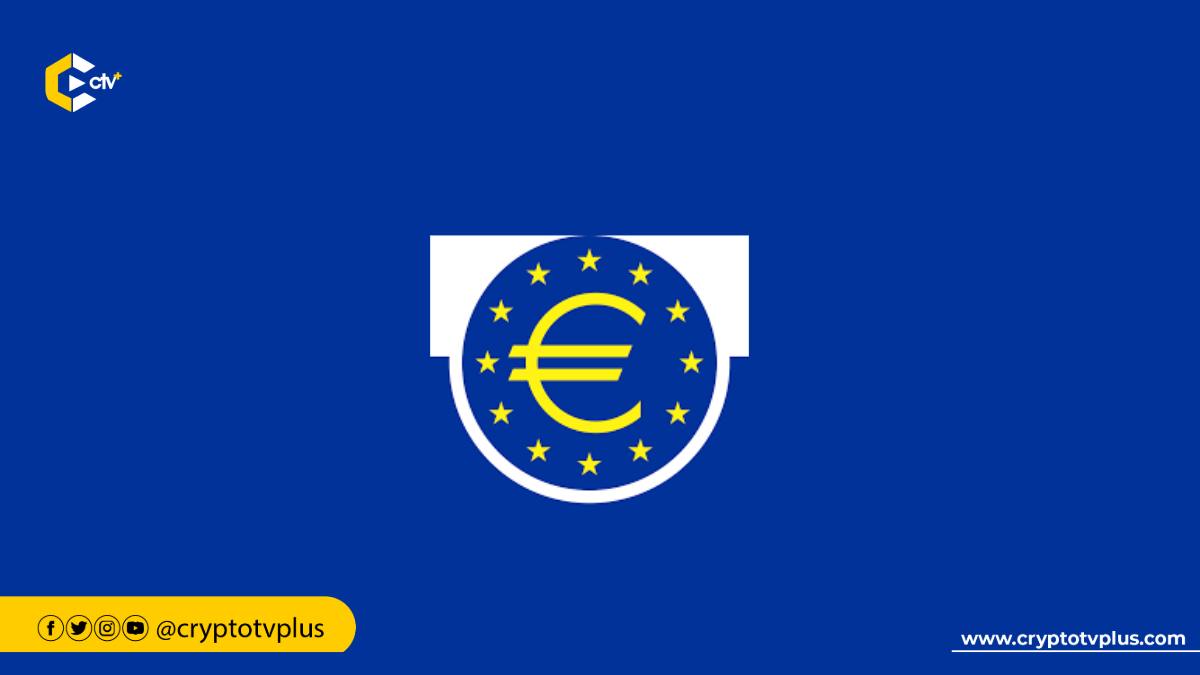News
ECB advocates digital euro to oppose US stablecoins
Cipollone backs the digital euro as a defense against the rising influence of U.S. dollar-backed stablecoins in Europe.
Cash is still key, but its inability to function online leaves Europe exposed to foreign payment systems.
Dependence on U.S. providers threatens Europe’s monetary control and could shift euro deposits abroad.
The ECB wants a public-private partnership, with the digital euro serving as a legally backed alternative.

The ECB executive aiming to oppose the expansion of US-based stablecoins has revived the push for a digital euro.
ECB official Piero Cipollone highlighted cash as the foundation of Europe’s financial system and its sole sovereign payment form, but he acknowledged its limitation in digital transactions.
With stablecoin adoption on the rise, the European Central Bank is voicing stronger concerns, and one of its top officials is backing a digital euro to push back against the presence of US dollar-based stablecoins in the region.
In a new article, ECB executive Piero Cipollone warns about the increasing use of US dollar stablecoins and advocates for a CBDC as a means to uphold the eurozone’s monetary sovereignty.
In an April 8 statement on the ECB’s official website, Cipollone states that introducing a digital euro “would limit the potential for foreign currency stablecoins to become a common medium of exchange within the euro area.”
Following a number of similar statements, Cipollone reiterates his stance that a digital euro would be a strategic response to the increasing prevalence of dollar-pegged stablecoins in Europe.
In his latest statement, Cipollone warns that the excessive dependence on foreign providers, such as stablecoins and international card schemes, jeopardizes Europe’s monetary sovereignty.
“It also underscores the urgent need for a digital euro. Failing to act would not only expose us to significant risks but also deprive us of a great opportunity,” the central banker said.
Cipollone points to the United States’ growing crypto-friendly position under the present administration, including efforts to expand the reach of dollar-backed stablecoins internationally, as a source of concern.
“They could potentially result not just in further losses of fees and data, but also in euro deposits being moved to the US and in a further strengthening of the role of the dollar in cross-border payments,” he said, adding:
“Faced with these challenges, we need a public-private partnership to retain our sovereignty. The digital euro — as a sovereign European means of payment based on EU legislation —would be the cornerstone of this partnership.”
According to Cipollone, cash continues to play a vital role in fostering financial inclusion and resilience, serving as the “cornerstone“ of Europe’s financial system and its only sovereign form of payment.
With online shopping now making up one-third of retail transactions in Europe, Cipollone points out that the growing preference for digital payments has diminished the use of cash.
“Cash cannot be used online, and it is often not possible to pay using a European payment service, meaning we need to rely on non-European payment systems,” Cipollone added.
“The time to act is now,” he said. “Making progress on both the digital euro regulation and the regulation on the legal tender status of cash has become urgent if we are to increase our resilience to possible disruptions and reverse our ever-increasing dependence on foreign companies.”
European consumers have raised concerns and expressed skepticism about the proposed digital euro, despite the ECB’s ongoing efforts, particularly around issues of data privacy.
The digital euro, as outlined in an ECB working paper released in March, has failed to spark interest among European consumers, with many perceiving little value in the potential CBDC.

























Pingback: Tether earns $1B in Q1 profit, holds $5.6B in excess reserves – CryptoTvplus - The Leading Blockchain Media Firm